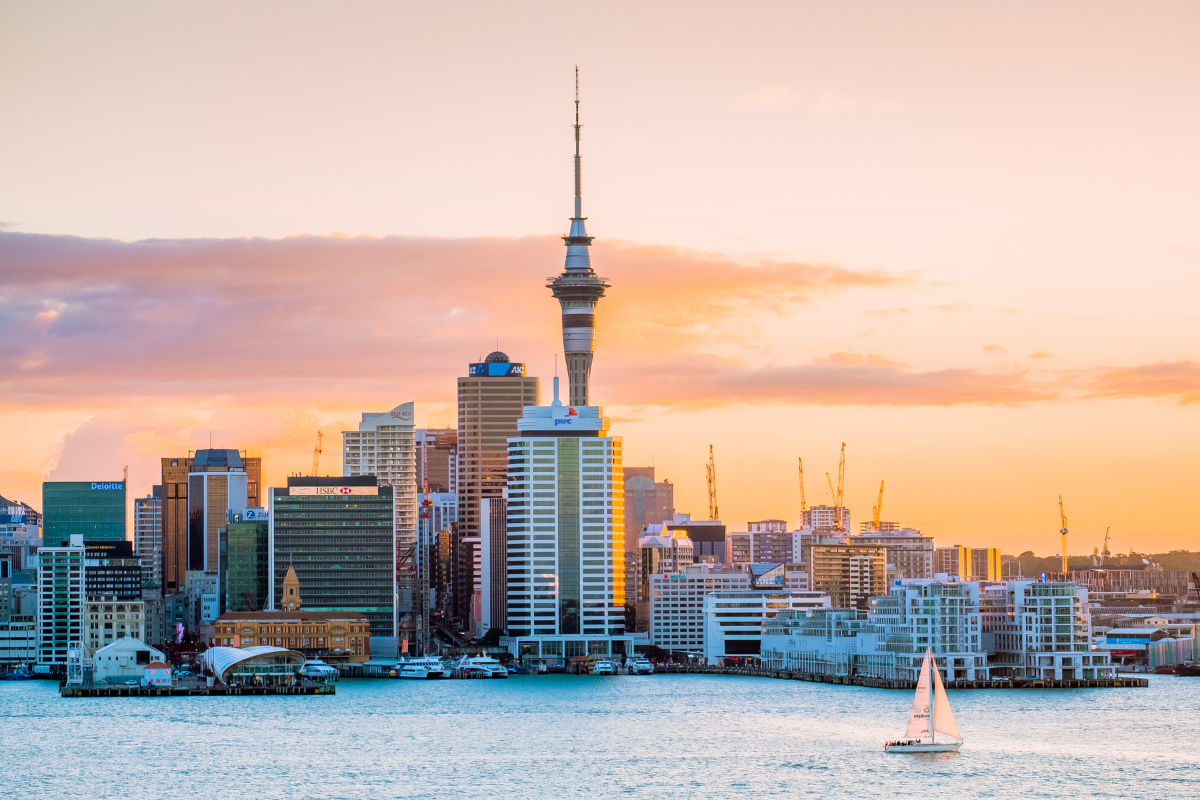New Zealand is a land of unparalleled natural beauty, where every corner holds a breathtaking view waiting to be discovered. While many opt for conventional means of travel, exploring New Zealand by train offers a unique and enriching experience that allows you to immerse yourself in the country’s stunning landscapes, rich culture, and vibrant history.
1.Spectacular Scenery:
One of the foremost reasons to explore New Zealand by train is the opportunity to witness its spectacular scenery up close. From the snow-capped peaks of the Southern Alps to the pristine lakes and rolling hillsides, the train journey offers panoramic views that you simply can’t get from any other mode of transport. Whether you’re traveling through the rugged terrain of the South Island or the verdant landscapes of the North Island, each leg of the journey presents a visual feast that will leave you in awe.
2.Comfort and Relaxation:
Traveling by train allows you to sit back, relax, and soak in the beauty of your surroundings without the stress of navigating unfamiliar roads or dealing with traffic. With comfortable seating, spacious carriages, and amenities onboard, including dining cars serving delicious meals made from locally sourced ingredients, train travel in New Zealand offers a level of comfort that enhances the overall experience. Whether you’re embarking on a short journey or a multi-day adventure, the relaxed pace of train travel allows you to unwind and enjoy the journey as much as the destination.
3.immersive Cultural Experience:
New Zealand’s rich cultural heritage is deeply intertwined with its landscapes, and exploring the country by train offers a unique opportunity to delve into its indigenous Maori culture as well as its colonial history. Many train journeys include stops at historic towns, Maori cultural centers, and other points of interest where you can learn about the traditions, customs, and history of the region through guided tours, cultural performances, and interactive exhibits. Whether you’re visiting the Waitangi Treaty Grounds in the Bay of Islands or exploring the gold rush town of Arrowtown in Central Otago, each stop along the way offers insights into New Zealand’s diverse cultural tapestry.
4.Eco-Friendly Travel:
Train travel is one of the most eco-friendly ways to explore New Zealand, offering a sustainable alternative to driving or flying. Trains produce fewer carbon emissions per passenger mile than cars or planes, making them a greener choice for environmentally conscious travelers. Additionally, many train operators in New Zealand are committed to reducing their environmental impact by implementing energy-efficient technologies, recycling initiatives, and carbon offset programs. By choosing to explore New Zealand by train, you can minimize your carbon footprint while enjoying a memorable and sustainable travel experience.
5.Off-the-Beaten-Path Adventures:
While New Zealand’s major cities and tourist hotspots are undoubtedly worth exploring, some of the country’s most breathtaking landscapes and hidden gems can only be reached by train. From the rugged coastline of the West Coast to the remote wilderness of Fiordland National Park, train journeys take you off the beaten path and into the heart of some of New Zealand’s most pristine and untouched wilderness areas. Whether you’re traversing the TranzAlpine route through Arthur’s Pass or winding your way through the picturesque countryside on the Northern Explorer, each journey offers the chance to discover hidden treasures and unforgettable experiences that you won’t find in any guidebook.
1.What types of visas are available for living and working in New Zealand, and what are the requirements for obtaining them?
New Zealand offers various visa options for living and working, including skilled migrant visas, work visas, entrepreneur visas, and investor visas. The requirements vary depending on the type of visa but generally include factors such as age, health, character, English language proficiency, and relevant skills or qualifications. Applicants may also need to meet specific criteria related to employment sponsorship, job offers, or business investments.
2.What is the cost of living in New Zealand, including expenses like housing, healthcare, and everyday essentials?
The cost of living in New Zealand can vary depending on factors such as location, lifestyle choices, and family size. Generally, housing costs, including rent or mortgage payments, utilities, and property taxes, constitute a significant portion of expenses. Healthcare costs are typically covered by the public health system, but additional private insurance may be advisable for certain services. Other everyday expenses such as groceries, transportation, and entertainment can vary but are generally comparable to other Western countries.
3.What are the job opportunities like in New Zealand, and how easy is it to find employment, especially in specific industries or regions?
New Zealand offers diverse job opportunities across various industries, including technology, agriculture, tourism, healthcare, and education. The ease of finding employment depends on factors such as qualifications, experience, and demand in specific sectors or regions. Certain industries may have skills shortages, making it easier for skilled workers to find employment, while others may require more specialized expertise or qualifications.
4.How is the education system in New Zealand, and what are the healthcare services like in terms of access and quality?
New Zealand has a high-quality education system, with a range of schooling options available from early childhood education to tertiary institutions. Public schooling is free for New Zealand citizens and permanent residents, while international students may need to pay tuition fees. The healthcare system is accessible to residents and visitors, with public hospitals providing subsidized care and private healthcare options available for those seeking additional services. Overall, both the education and healthcare systems are highly regarded for their quality and accessibility.
5.What is daily life like in New Zealand in terms of lifestyle, cultural integration, recreational activities, climate, and community diversity?
Daily life in New Zealand offers a diverse range of experiences, from bustling city living to tranquil rural communities. The country’s stunning natural landscapes provide ample opportunities for outdoor activities such as hiking, skiing, surfing, and exploring national parks. The climate varies across the country, with regions experiencing everything from temperate coastal weather to alpine conditions. New Zealand is known for its welcoming and inclusive culture, with diverse communities representing various ethnicities, cultures, and lifestyles. Whether you’re interested in arts and culture, outdoor adventures, or simply enjoying the laid-back Kiwi lifestyle, there’s something for everyone in New Zealand.


